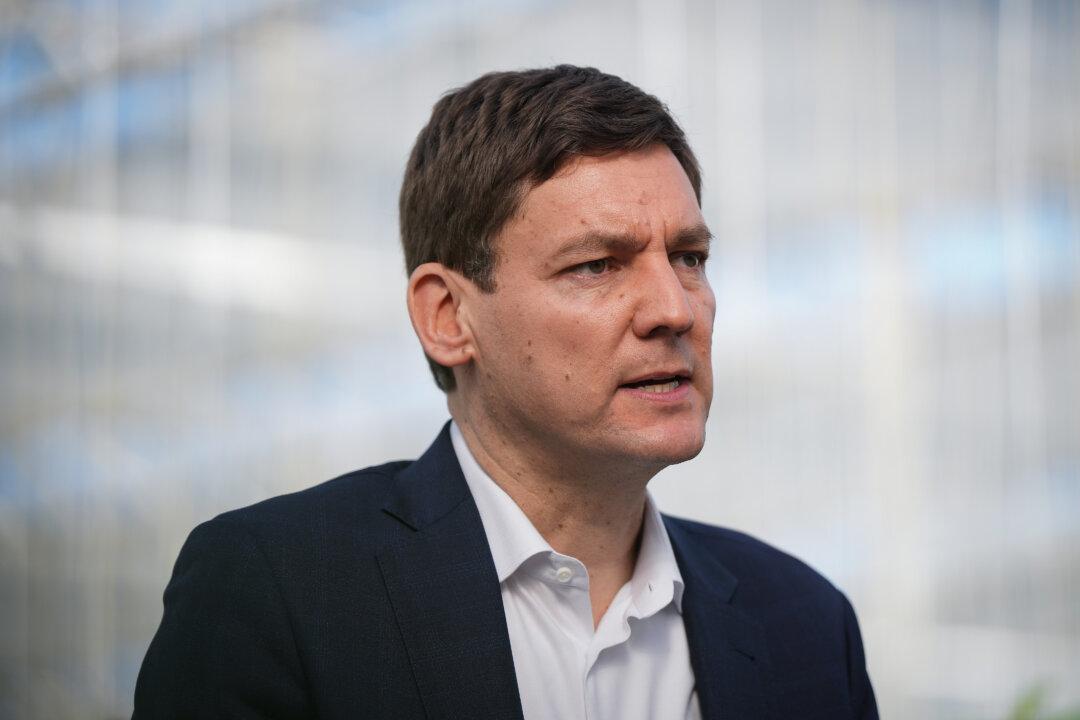The introduction of a 25 percent tariff by the United States could cost British Columbia $69 billion and result in as many as 124,000 jobs lost between 2025 and 2028, the province says.
U.S. President-elect Donald Trump has said he will place 25 percent tariffs on all goods from Canada unless the country tightens up its border, curbing the flow of drugs and illegal immigrants into the United States. Trump vowed to enact the tariffs when he takes office on Jan. 20.





